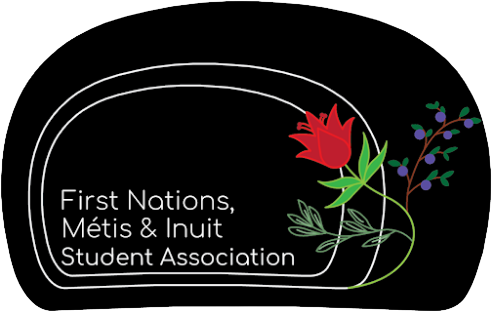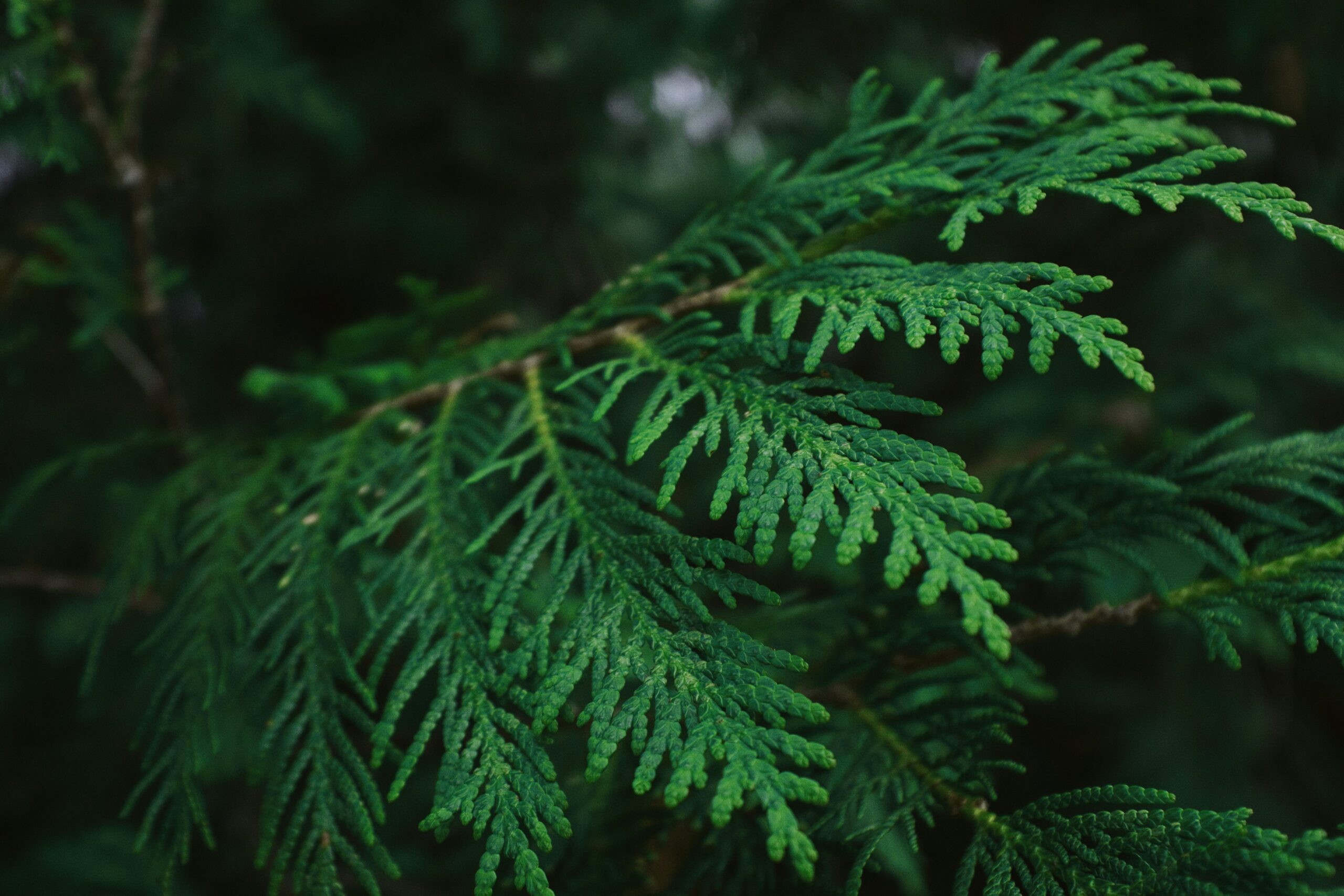This is a non-exhaustive list of resources available to Indigenous students attending SFU. These resources come from varying organisations including FNMISA, ISC, broader SFU, and numerous external organisations.
First Nations, Metis, and Inuit Student Association (FNMISA) Resources
FNMISA Room
Located in SUB 1440 in the Student Union Building (SUB) at Burnaby campus. Accessible by door code from 9am-10pm daily except closed for statutory and SFSS holidays. The FNMISA room is a place for Indigenous SFU students to hang out, watch tv, study, use the meeting room, or grab a snack; and also where all membership meetings are held. Email board@fnmisa.ca for the door code.
Emergency Fund
The emergency fund is administered through the ISC. Please contact ISC for the application.
Cultural Fund
TBA
Cultural Workshops
If you’re interested in hosting or bringing in a teacher or elder to do a workshop please let us know! Send us an email at board@fnmisa.ca or fill out this survey https://docs.google.com/forms/d/e/1FAIpQLScI-6wRsqmXFMzKaRUMPEAxXs7A2iUmWRihYoXJLiO_kzhZHg/viewform with recommendations for cultural workshops.
Indigenous Student Centre (ISC) Resources
ISC Spaces
Burnaby campus:
AQ 2002 “OG space” – open Monday-Friday, 8:30am-4:30pm
AQ 3144 “expansion space” – open daily from 6:00am-12:00am unstaffed with fob access and with staff Monday-Friday, 8:30am-4:30pm. Contact askisc@sfu.ca or stop by the space to get a fob.
Surrey campus:
SRYC 5300
Vancouver campus:
HC 7440 – coming soon
Academic Advising
Drop in hours and bookable appointments for academic advising with Jeremiah Carag.
Writing, Learning, and Research Support
Drop in hours with at least one of the following: Ruth who specializes in learning supports, Ashley who specializes in research support, and Julia who specializes in writing support.
Tutoring Support
Get connected with the ISC Tutoring Program to be paired with a tutor for extra assistance with coursework. Tutor Requests are accepted for lower level (100-200 level) courses and will hopefully be fulfilled as soon as possible. Tutoring is no cost to the student as the ISC will provide an hour of tutoring per week (up to 13 weeks) for currently enrolled First Nations, Métis, and Inuit students. Contact iscadmin@sfu.ca for questions.
Indigenous Graduate Services
Dorothy Cucw-la7 Christian, Associate Director of Indigenous Policy & Pedagogy holds weekly office hours for Indigenous MA & PhD students. She is available to discuss things including: overall program questions, supervisory committee, funding, Indigenizing their defence(s), and Indigenizing their writing process. Drop in hours: Wednesdays (bi-weekly) from 1:00pm to 3:00pm in MBC 1142, Burnaby Campus.
Laptop Borrowing
The ISC has 5 Macbooks that may be borrowed for up to one semester by currently enrolled self-identified Indigenous students at SFU. To borrow a laptop, fill out this survey: https://www.surveymonkey.ca/r/LYZMVZD and contact askisc@sfu.ca for any questions.
Cultural Connections
ISC’s Cultural Connections program is an opportunity for Indigenous Students to connect and engage with cultural and artistic activities. From casual gatherings where students can share their own artistic projects to workshops lead by local artists. Check out the ISC’s Calendar of Events https://www.sfu.ca/students/indigenous/events/calendar-of-events.html and check their newsletter for more information and to register.
Peer Cousins Mentorship Program
The Peer Cousins Mentorship Program connects senior SFU Indigenous students with students who may be new to the SFU community, have questions about university, or are looking to meet other Indigenous students. If you’re new to SFU and interested in joining register here https://www.surveymonkey.ca/r/VJFJVCC and contact kjohn@sfu.ca for more info.
Career Conversations with Deanne
Receive support with career exploration, work search strategies, resume, CV and cover letter writing, interview tips and mock (practice) interviews, LinkedIn and online presence, networking, graduate / professional school application, and volunteering and community building. Drop in Wednesdays (bi-weekly) from 11:30am to 12:30pm at AQ 3144 or Zoom, Fridays (monthly) from 1:30pm to 3:30pm at SRYC 5300 or Zoom, or by appointment by contacting careers@sfu.ca
Financial Aid Advising
Drop in financial aid advising on the second Friday of each month from 1:30pm to 2:30pm at SRYC 5300 or Zoom, and the first Thursday of each month at AQ 2002, or by appointment by contacting faa_isc@sfu.ca
Indigenous Recruitment
The Indigenous Recruitment team can help connect prospective students with various supports and resources throughout your time at SFU. For more information contact indigenous_students@sfu.ca
Broader SFU Resources
Spaces
Burnaby Campus:
Library room (LIB 2114) at W.A.C. Bennet Library – first come first serve space for Indigenous student to study, meet for a group project, or attend your virtual class.
Indigenous Curriculum Resource Centre at W.A.C. Bennet Library – located on the 4th floor of the library, there are many Indigenous books, articles, websites, and audio-visual materials on Indigenizing curriculum and Indigenous pedagogy, in addition to post-secondary curriculum resources.
Faculty of Health Sciences Indigenous Students Office (BLU 9860) – a quiet study space for Indigenous Health Sciences Students, with free printers, computers, and ample study space for your educational needs. BLU 9860 is accessible 24/7 via security FOB and door code. Contact gmalbas@sfu.ca for more details and for the door code.
Indigenous Gathering Space (EDB 8651) – a gathering space for Indigenous students, staff, faculty, and community that supports our emotional, physical, spiritual, and intellectual well-being. Provides a place for Faculty of Education Indigenous gatherings, learning opportunities, and celebrations.
First Peoples Gathering House – coming soon
Vancouver Campus:
First Peoples Gathering Place – located on the first floor of Harbour Centre, the space is open to Indigenous and non-Indigenous students and community members.
Scholarships, Awards, and Bursaries
Scholarships – https://www.sfu.ca/students/financialaid/indigenous/scholarships.html
Awards – https://www.sfu.ca/students/financialaid/indigenous/awards.html
Bursaries – https://www.sfu.ca/students/financialaid/indigenous/bursaries.html
Food Support
SFSS Food Bank Program – apply for and redeem $75 worth of food certificates once per semester. https://sfss.ca/services/food-bank-program/
SFU Food Pantry – supports SFU’s food insecure student population with emergency top-up food and hygiene supplies. open every Wednesday (except statutory holidays), from 12:30pm – 3:00pm. Please bring a grocery bag, as well as reusable containers to receive items such as rice, flour, and oats. https://www.sfu.ca/communityengagement/food-security/sfu-food-pantry.html
SFU Community Free Fridge – if you need food, take some, and if you have extra food to give, leave some. located at the bottom floor of Maggie Benston Centre, room 50. (Opposite side to the entrance of Document Solutions Burnaby). https://www.sfu.ca/communityengagement/food-security/free-fridge.html
Health and Counselling
Doctors and nurses – https://www.sfu.ca/students/health/see-a-doctor.html
Support and resources – https://www.sfu.ca/students/health/support-resources.html
External Resources
Scholarships and Bursaries
Indspire: https://indspire.ca/programs/students/
Bursaries and Scholarships – “Indspire provides financial support for First Nations, Inuit and Métis students across Canada to assist them in completing their post-secondary education. Application deadlines are August 1, November 1, and February 1.”
Rivers to Success – “The Rivers to Success program provides a supportive learning environment for First Nations, Inuit, and Métis students at key stages of their educational journey, giving them the tools they need to complete their education and successfully pursue the career of their dreams.”
Chief Joe Mathias British Columbia Aboriginal Scholarship Fund: https://chiefjoemathias.ca
The Chief Joe Mathias BC Aboriginal Scholarship Fund honours the late Chief Joe Mathias, a leader of the Squamish Nation known for his advocacy for Aboriginal rights and education. This fund supports British Columbia First Nations students, helping them pursue higher education and become future leaders. It is a tribute to Chief Mathias’s vision, seen in the success of graduates who will continue his legacy in various professions and strengthen their communities.
Future Generations Foundation: https://www.fgfoundation.ca/granting/how-to-apply
“The FG Foundation provides financial support through three distinct channels: Organizations, Individuals, and the Continuing Their Journey Program. Our goal is to help First Nations and communities address the impacts of the Indian residential school system. We support initiatives like cultural preservation, education, and healing, with tailored eligibility criteria, grant limits, and timelines to meet the diverse needs of First Nations.”
New Relationship Trust: https://newrelationshiptrust.ca/apply-for-funding/student-funding/student-scholarship-and-bursaries/
“The bursaries and scholarships program provides financial support to First Nation students to assist them in achieving success in their post-secondary journey.”
BC Association of Aboriginal Friendship Centres: https://bcaafc.com/education/
Post-Secondary Student Support Program – “provides eligible First Nations students with funding to access education opportunities at the post-secondary level, including university and college entrance preparation programs.”
First Citizens Fund Student Bursary Program – “provides financial awards to Indigenous students enrolled in post-secondary education. Bursaries between $700-$1,200 are awarded to students who meet all eligibility requirements and who demonstrate significant financial need.
BC Scholarship Society: https://www.bcscholarshipsociety.ca/indigenous-awards/about-this-award/
Indigenous Student Awards – “$1000-$5000 (renewable annually) for students pursuing trades training, apprenticeship, diploma, certificates, degree or post-degree programs.”
Aboriginal Sport Circle: https://www.aboriginalsportcircle.ca/tom-longboat-awards
“The Tom Longboat Awards were established in 1951 to recognize Indigenous athletes for their outstanding contributions to sport in Canada. With a few exceptions, the Awards have been given out every year since its inauguration. It remains the longest standing and one of the most prestigious awards for the Aboriginal athletes in the country.”
Ch’nook Scholars: https://www.sauder.ubc.ca/programs/chnook-aboriginal-education/chnook-scholars
“Ch’nook Scholars is open to status and non-status First Nations, Inuit, and Métis students studying full-time in a business program at a post-secondary institution in British Columbia or at the University of Calgary.”

